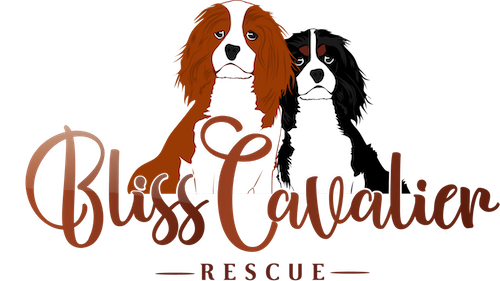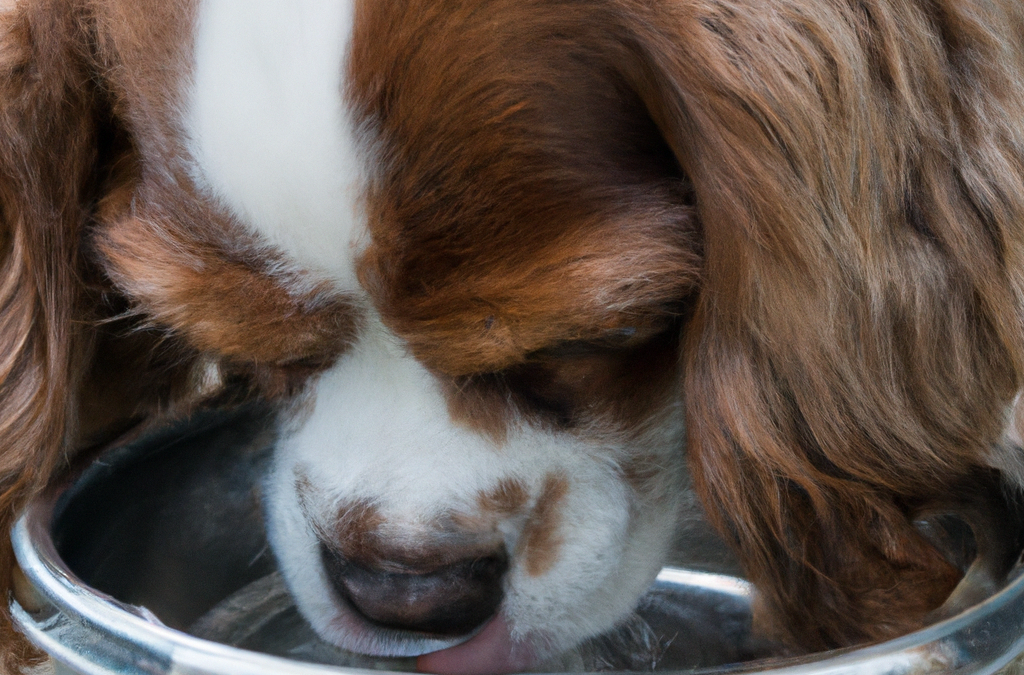Why you should never withhold water from dogs

Free and low cost veterinary care support for owners
30 December 2022
Dry Eye in Cavaliers
25 March 2023It is never recommended to withhold water from dogs, as they always need access to clean, fresh water to stay hydrated and healthy.
Never withhold water
It is crucial to give dogs access to clean and fresh water at all times to maintain their health and hydration. Withholding water from dogs is never recommended. There could be several reasons why a dog may not have access to water, such as a lack of understanding about the significance of water for dogs, negligence towards their water bowl, or water contamination. Some dogs may also refuse to drink water that is not fresh. Unfortunately, in some cases, dog owners may intentionally withhold water as punishment or as part of their training routine.
You should not withhold water from a dog for several reasons:
- Hydration: Dogs, like humans, need water to maintain their overall health and well-being. Depriving a dog of water can lead to dehydration, which can cause serious health issues or even be fatal.
- Body temperature regulation: Water helps dogs regulate their body temperature, especially during hot weather or after exercise. Without access to water, dogs may suffer from heatstroke or overheating.
- Proper digestion: Water is necessary for a dog’s digestive system to function correctly. A lack of water can cause digestive issues, such as constipation, and make it difficult for dogs to absorb nutrients from their food.
- Waste elimination: Water is essential for properly functioning a dog’s kidneys and helps eliminate waste products from the body through urine. Without enough water, a dog may develop urinary tract infections or kidney issues.
- Joint lubrication: Adequate hydration is vital for maintaining proper joint lubrication and preventing joint-related issues.
- Proper circulation: Water is important in maintaining proper blood circulation in a dog’s body.
It’s essential to provide your dog with access to clean, fresh water at all times to ensure their overall health and well-being. Depriving a dog of water can lead to numerous health problems and even be life-threatening. If you have concerns about your dog’s water intake, consult with a veterinarian for guidance.
Incontinence in elderly dogs
Unfortunately, some owners of elderly dogs choose to withhold water during the night or when they are away from home to avoid accidents.
However, incontinence is a fairly common problem among elderly dogs. It can result from various factors such as hormonal imbalances, urinary tract infections, physical issues (including bladder stones), or medication side effects.
If your dog displays signs of incontinence, it is crucial to seek the advice of a veterinarian to identify the underlying cause and determine the appropriate treatment. Treatment options may include medication, dietary adjustments, or changes in behaviour. Additionally, it is essential to maintain cleanliness in your dog’s living area and bedding to prevent skin irritation and other related problems.
Water plays a vital role in maintaining a dog’s health and well-being by regulating their body temperature, eliminating toxins from their body, and promoting healthy organ function. Therefore, it is essential to provide dogs with access to clean and fresh water at all times to prevent dehydration and ensure optimal health.
If you are concerned about your dog’s water intake or have any questions about how much water your dog needs, it is a good idea to consult a vet for help.
Behavioural problems caused by withholding water from a dog
Very sadly, we have seen behavioural and obsessive behaviours from dogs that have come into rescue that were unable to access water for periods of time in their previous homes.
Withholding water from a dog can lead to several behavioural problems and negatively affect their overall health. Water deprivation can result in various issues that may manifest in different forms.
Most commonly, a dog that is consistently deprived of water may develop compulsive behavioural related to water consumption, such as obsessively seeking out water sources or drinking excessively when water is available.
One potential issue is anxiety and stress. Depriving a dog of water can cause them to become uncomfortable and unsure of when they will have access to water again. This stress can manifest in several ways, such as excessive barking, whining, or pacing. A dehydrated or unwell dog may also become irritable and more prone to aggression towards other animals or humans.
Destructive behavior is another possible outcome when a dog is deprived of water. In their search for water, dogs may resort to destructive behaviors such as chewing on household items or digging in the yard to find a water source. Additionally, dehydration can cause a dog’s mouth to dry, leading to excessive licking of their lips or paws to relieve their discomfort.
Toileting inside the house is another concern when withholding water from a dog. If a dog’s body cannot properly eliminate waste due to dehydration, it may be more likely to have accidents indoors. Furthermore, dehydration can cause a dog’s appetite to decrease, which may lead to further health issues if not addressed promptly.
It is essential to provide your dog with access to clean, fresh water at all times to prevent these behavioral issues and ensure their overall health and well-being. If you have concerns about your dog’s water intake or notice any changes in their behavior, consult with a veterinarian for guidance.




